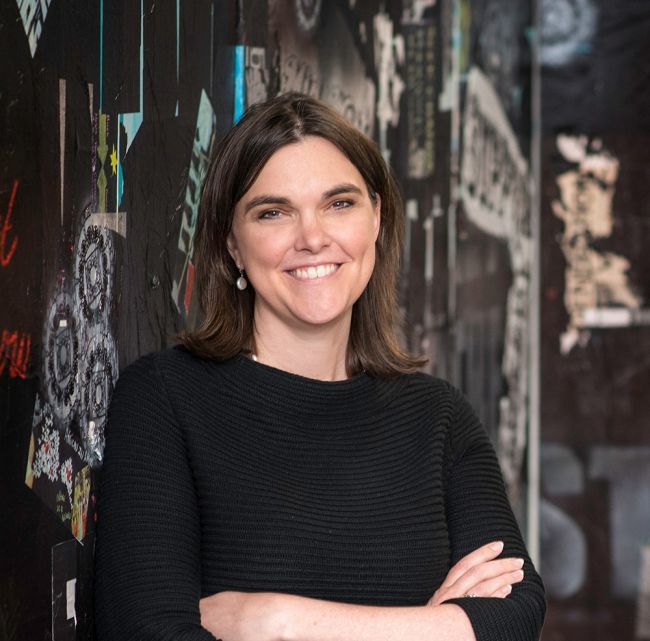Among foundations, we talk a lot about what it means to do our work with an equity mindset. We talk, for example, about how to operate with trust and how to be in relationship with grantees. We don’t, however, talk much about how to choose those grantees.
In the region Bush Foundation serves, there are approximately 43,000 nonprofit organizations. If we give 200 grants a year it means only one half of one percent of the nonprofits in our region could possibly get funding from the Bush Foundation. Who gets a shot at that funding?
At the Bush Foundation, part of our commitment to equity is in having open processes. To us, that means making sure our funding opportunities are publicly shared and that anyone who believes they are a fit has a chance to apply.
This is not a simple or universal answer. There are clear downsides of open processes.
From the grantee side, people may put in work and get their hopes up and then not get the grant. Being declined can be more frustrating than not having a chance to apply. And, from the funder side, it takes a whole lot of work to run open processes and it is painful to have to say no to good people doing good work. At Bush, we say no a lot more than we get to say yes.
For us, we believe having open processes is worth these downsides. It is important to us, as a place-based funder, that every person and every community in the region we serve has a real shot at Bush Foundation support. That our door is truly open. We work to be connected but we can’t possibly know all the people and organizations doing amazing work throughout the region. Through our open processes, we continuously meet new people and continuously learn about promising ideas.
To make our open processes reflect our commitment to equity as much as possible, we work hard to make our grant and Fellowship processes supportive — from our Contact Hub to talk with potential applicants about any and all of our programs to feedback calls if applicants don’t get the answer they hoped. If people are not a fit for our funding, we try to suggest other programs or resources that could help. Our largest grant program, Community Innovation grants, has a very short and simple initial application. If the idea looks promising based on our criteria, we move quickly to conversation, to get past the written proposal to understand the people and the work. We also do proactive outreach if we are not seeing proposals coming in from particular geographic areas or cultural communities to make sure people know what we offer and have the support they need to apply. And we continuously request anonymous feedback from applicants in all our programs so we can adapt and improve the experience of working with us.
I love philanthropic strategy and believe there are lots of different ways to do great philanthropy. At the same time, if we are serious about equity as a field, I think we need to challenge our norms around grantee selection.
I teach a class in foundation history and strategy at the University of Minnesota. There is a lot that surprises the students about how foundations operate but, each year, one of the things that gets the most surprised and negative reaction is how few foundations accept unsolicited applications.
I see our field changing in a lot of ways, including becoming more diverse and more focused on supporting community-driven work. However, if we are still overwhelmingly giving to organizations that we happen to know, we haven’t really broken open the way philanthropy works.
Even the largest foundations can only fund a small fraction of the organizations who could use the resources well. This means in grantmaking we are choosing winners and losers — which is a power that makes a lot of us in the field very uncomfortable. But pretending it is not the case won’t help us grapple with that power and have hard conversations about the most equitable ways to select the people and organizations that receive funding from us.
If you have thoughts on open process in foundations generally or on how we operate at Bush, we’d love to hear them!
